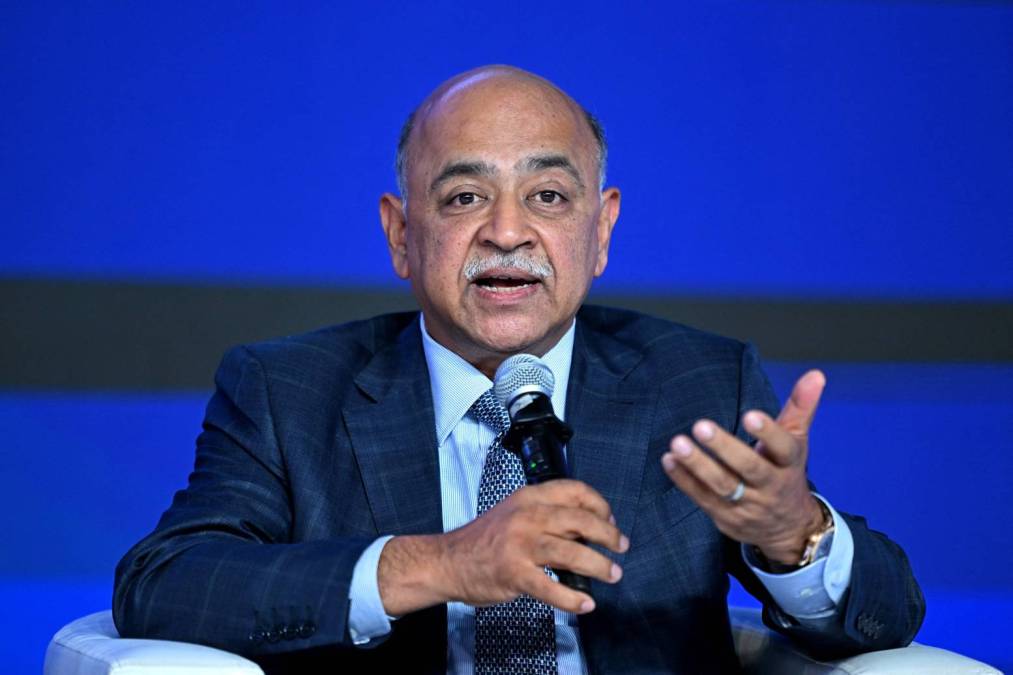IBM, Girls Who Code executives to lead New York emerging tech board

Chief executives from IBM and the nonprofit Girls Who Code are among those who will lead a new advisory board aimed at boosting New York State’s emerging technology economy.
Gov. Kathy Hochul announced last week that the new board is intended to build New York’s reputation as a place to “grow, innovate, and start creating the technologies of the future.” The new group is one piece of the governor’s agenda to promote the adoption and development of new technologies, such as generative artificial intelligence.
“This Emerging Technology Advisory Board will help us seize that momentum and build a modern, inclusive economy, driven by artificial intelligence, semiconductors, and other fast-growing sectors, that will unlock opportunity for countless New Yorkers,” Hochul said in a press release.
The state on Thursday published a list of the board’s 18 inaugural members, which includes Girls Who Code CEO Tarika Barrett and IBM CEO Arvind Krishna, who will co-chair the group. Other board members include chief executives include from Pfizer, Robin Hood, MongoDB, Micron and JetBlue.
According to the announcement, the board is tasked with making recommendations to the state on how it can boost development and adoption of various technologies, prepare its workforces and “capitalize on opportunities.” The first six months of the project is centered on AI.
The board follows Hochul’s creation in her fiscal year 2025 budget of Empire AI, a consortium that helps advance projects like a $275 million AI computing center on the University at Buffalo’s campus. The initiative is supported by seven founding institutions — Columbia University, Cornell University, New York University, Rensselaer Polytechnic Institute, the State University of New York, the City University of New York and the Flatiron Institute.
Economic and workforce development are on the menu for many states as governors seek to create guardrails and better understand the quickly advancing field of generative artificial intelligence. California, which last week announced the award of its first-ever generative AI contract, highlighted the potential economic benefits of the technology’s development in a report published by a task force last November.






